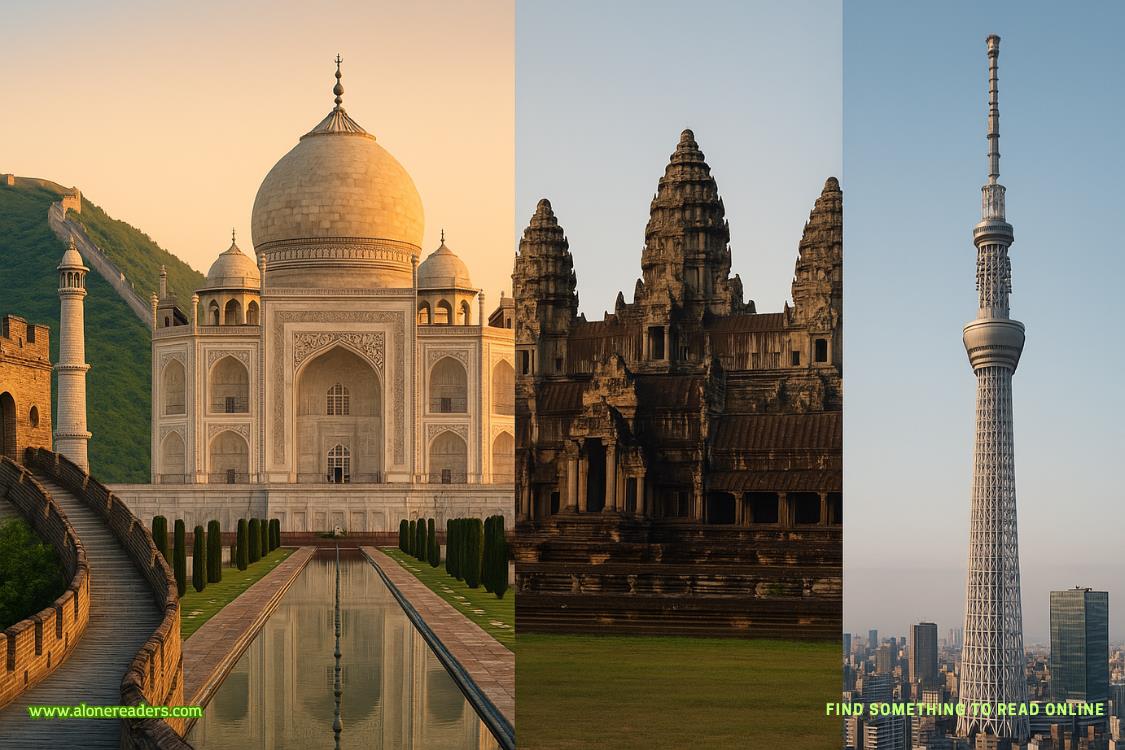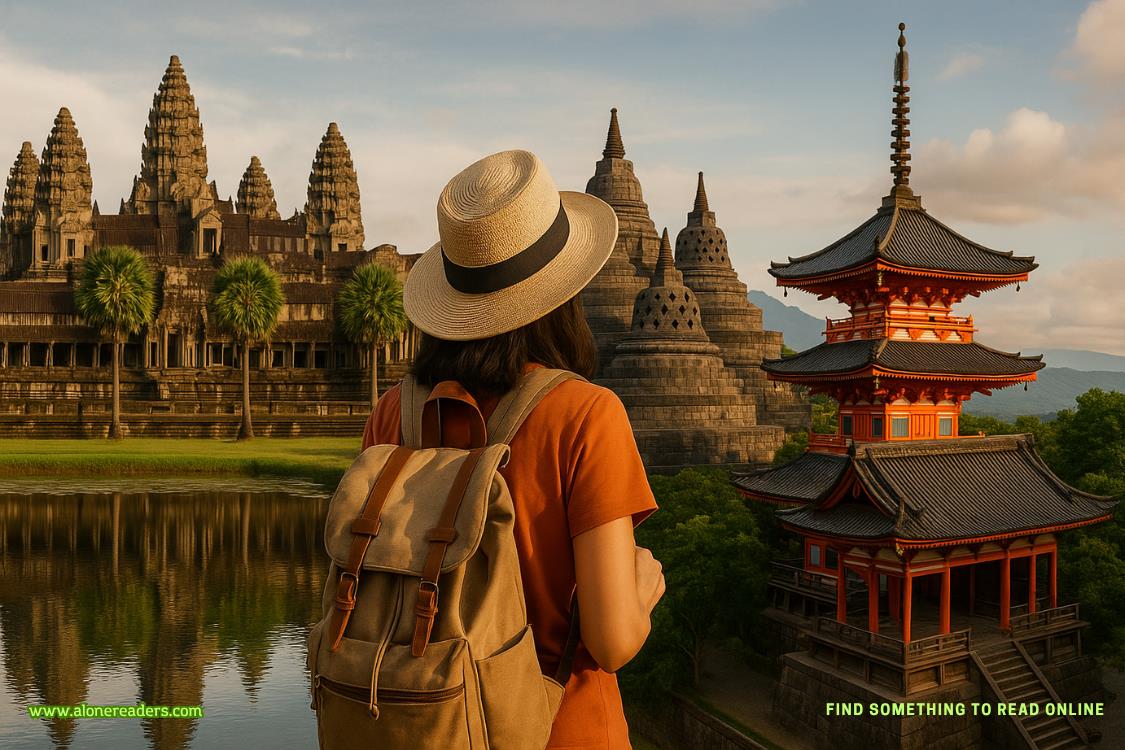Page 1 of No Man's Land
Chapter One
Flanders, September 1917
The first time Josef Shepel met the man who would change his life, it was among the dead at a forward dressing station in the Ypres Salient.
He’d been working all night, rattling along the rutted road with the ambulance headlights dark. And nothing to guide him but the poor sod slogging along ahead of them holding a white handkerchief behind his back. Must have done half a dozen trips already and there were still nearly twenty stretcher cases awaiting evacuation to the clearing station.
Josef squinted at the brightening horizon as he climbed out of the ambulance and stretched his aching back. After a long night, the pre-dawn grey was welcome even if it did open up the threat of German guns. To his left rose the dark shape of the bombed-out farmhouse the Royal Army Medical Corps had co-opted, its windows and doors long ago blasted away and its walls pockmarked by shrapnel. Ahead, the skeletal remains of barns and woodland emerged from the night, stark silhouettes against a paling sky.
With a shiver, Josef reached for his cigarettes.
Corporal Johnston was barking at the SBs, getting the worst of the casualties loaded into their van. It would take twenty minutes, probably, so Josef slid around the side of the farmhouse in search of five minutes’ solitude. Leaning back against the wall, he closed his eyes and took a long drag on his gasper, releasing a weary smoky breath. This was his fifth—no, sixth—night without sleep, driving the ambulance back and forth from the clearing station to the dressing station. And there hadn’t even been a big push, just the usual grinding attrition of the salient.
A sudden flash of brilliance startled his eyes open. On the horizon, a sliver of clear sky had allowed a spear of sunlight to pierce the crouching clouds, lighting their bellies in russet and scarlet. Like fire, or blood. Beneath them stretched the scarred, alien landscape of the battlefield, distant but visible beyond the ruins of the farm buildings and a forest of limbless trees.
And at Josef’s feet lay the dead.
He hadn’t noticed in the dark. Hidden from the road, behind the farmhouse, was the dying ground. Men brought back from the lines who hadn’t survived the journey, or hopeless cases passed over by doctors stretched beyond their limit trying to save those who stood a fighting chance. There were, perhaps, thirty men on the ground before him, covered in blankets or just their coats.
God but it was a pitiful sight.
Taking the cigarette from his lips, Josef felt a surge of sorrow, swiftly followed by fury for these sons and fathers and brothers and lovers left here like meat to rot. Oh yes, fury was so much moreusefulthan helpless aching compassion. Heedless of the risk, Josef reached for the camera he kept hidden in his breast pocket. Sliding it out of its case, he flicked open the catch, relishing the smooth release of the lens on its struts. In this bright dawn sunlight, he could take his shot. Crouching, headjusted the aperture and shutter speed, then lifted the camera to frame the photograph. He centred it on the deathly face of a young man with closed eyes and slack bloodless lips, his gored arm thrown across his chest. Behind him, the bodies stretched out in ramshackle ranks, but they’d blur in the photograph to draw the eye to the image in the foreground. Holding steady, Josef pressed the shutter release and listened to its satisfying click and whir. He just hoped nobody else heard the telltale sound. Glancing over his shoulder, he quickly lifted the flap to scratch the date onto the autograph film and expose it to the light. But, damn it, that had been the eighth and final exposure. Luckily, Josef always carried a spare film in his pocket.
Tucking his smoke into the corner of his mouth, he quickly wound the film on and opened the back of the camera. It took a moment to retrieve the spool from inside the film and the new film from his pocket. He’d done this a hundred times or more, and the fiddly job didn’t take more than a minute. Once the camera was closed again, he wound the film on until the first exposure was ready. Checking he was still alone, Josef moved closer to the bodies and tried for a different angle. This time, the silvery sunlight limned the pale faces of the dead, rendering them ghostly. If the photograph captured that, it would be spectacular.
He was just slipping the camera back into its case when he heard a hoarse whisper.
“Water.”
His head shot up, and he met the gaze of the very man he’d photographed. His eyes were a strange, glassy blue.
“For God’s sake, water...”
Josef’s heart wrenched. Shoving his camera back into his pocket, he swung his canteen around from over his shoulder as he stepped over another man’s body to reach the poor bastard still living. Kneeling, Josef unstopped his bottle and lifted theman’s head. “Easy, there,” he murmured as the man cried out in pain, setting the bottle to his dry lips and watching as he drank greedily.
God, but he looked young. Younger than Josef’s twenty-six years, certainly, his waxy skin clear and boyish beneath its pallor. His uniform was dark with blood over his abdomen, and there was a nasty wound on his left forearm where the sleeve had been torn away. Already blackened and putrefying, it stank like the devil.
It was a miracle, or perhaps a tragedy, that the lad was still alive.
When the water started to trickle, undrunk, from the boy’s lips, Josef lowered his head back down. His mouth moved, then, as if he were speaking. Josef leaned closer, trying to hear, almost gagging on the stench from the wound. He thought the boy might have a last message for his mother; they often did.
“Don’t,” he whispered, “leave me...”
Josef’s throat thickened. “All right,” he said and reached down to press his palm to the young man’s cheek. “I won’t.”
“They come—” Fingers scrabbled weakly for Josef’s wrist. “—for the dead. Don’t let...” He gasped with pain, then moaned low in his throat and sank back.
“Hush now.” Josef stroked a hand over the young man’s forehead, brushing his mousy hair away from his face. “I’ll stay with you. I promise.”
The boy didn’t respond, although his face was still scrunched in pain, drifting in and out of consciousness.
“I say,” called a crisp voice from behind him. “Is that chap alive?”
Startled, Josef twisted around. A figure stood on the far side of the bodies, silhouetted against the dawn. Josef raised a hand to shade his eyes and recognised the shape of an officer’suniform and cap—as if the cut-glass accent hadn’t already given it away. “Yes, sir,” he said.
He expected to be ordered back to work and braced himself to refuse until the boy was past caring, but to his surprise the officer started to pick his way through the dead men towards him. Josef rose to meet him. He was a tall, well-made man with refined, aristocratic features and the arrogant bearing to match—yet the effect was softened by a troubled expression as he looked down at the suffering man. “Ah, poor boy,” he said after a moment’s pause, and bent to examine him.
Josef noticed he wore an armband of the RAMC and captain’s stars on his shoulder. “Are you a doctor, sir?” he said, crouching too. He didn’t hold out much hope for the wounded soldier, not after lying here all night, but if this man was a doctor...
- His to Command by Emma Bray
- Detention with Daddies by Sofia T. Summers
- Daddy's Heart by Dani Wyatt
- Tarnished Hands by T.L. Smith
- The Way We Win by Tia Louise
- Tracked By Hound by Cassi Hart
- Until Presley by E.M. Shue
- Love in Excess by N. Slater
- The Madness Within by Raja Savage
- Greek's Enemy Bride by Caitlin Crews
- Taken by Lena Little
- Maddox by Piper Stone
- Property of Madman by Sapphire Knight
- Sacrificing Zoriah by Emily Klepp
- Omega's Triplets by J.L. Wilder
- Tag by Natalie Bennett







